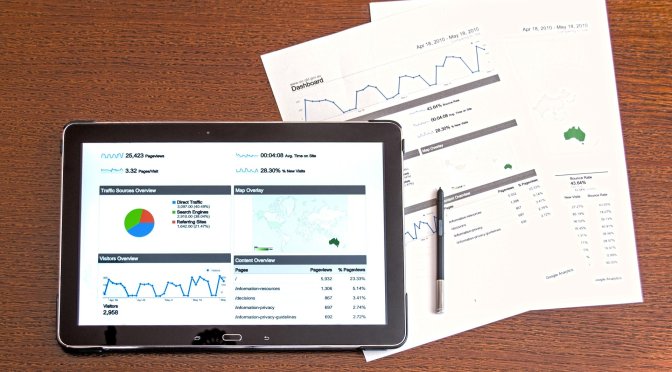One of my students asked me as to how can someone explore and learn Analytics / Data Science domain with an intention to build their career in it ?
There are three types of roles available in Data Science / Analytics:
- Functional consultant like a Business / Data Analyst
- Technical Consultant like a Data Engineer.
- Mixed profiles like a Data Scientist where you need to know the business domain and technology both
Here are some suggestions to start your journey in Analytics:
1. Learn either of R or Python to start with. Its good if you know Java & AWS as well.
2. Explore concepts of Machine Learning, Artificial Intelligence, BigData, BlockChain, NoSQL & IoT
3. Check the free or cheap courses on Coursera, edX, Udemy, Khan Academy, NPTEL, MIT OCW, etc. for above topics
4. If you have LinkedIn premium account, good courses are available in LinkedIn Learning as well
5. Regularly check job descriptions for Data Scientist, Data Analyst & Data Engineer – This tells you what’s happening in the market and where to align your skills
6. Follow people on LinkedIn / Twitter / Medium / etc. who are into Data Science / Analytics. They post really good information there
7. Regularly read EconomicTimes, LiveMint, Business Standard, CNN Money, BBC Business, Bloomberg, similar sites and update yourself in at-least one functional domain like Digital Marketing, Finance, HR, Operations, Banking, Insurance, etc. via NPTEL, MIT OCW, DataScienceCentral.com, Quora, etc. Explore certifications like Google Analytics.
8. You especially may want to follow people like Andriy Burkov, Andrew NG, Liz Ryan, etc. and sites like Harvard Business Review, Inc., Forbes, Technology Review, ZDNet.com, Kaggle & Sloan Management Review. Here is an example list.
9. Make a list of blogs to follow around these topics too. Here is an example list.
10. Meet like minded professionals and students in your area using Meetup app. Build your own blog / website / small startup on what you are learning, write articles on LinkedIn / Medium, etc. which will help you to network. Offer some consulting to startups in and around your area. You can get a target list here for Gujarat (some are proper established companies, some are small / young): https://www.techandtrain.com/gujjobs.html – I update this once a month
11. Revise / study concepts of statistics, calculus, linear algebra, operations research and discrete mathematics
12. Explore the tools used by Data Scientists. Here is an example list.
Many jobs in Analytics / Data Science are available. You can go light on technical topics if you intend to be a functional consultant. This is an evolving field and one website or one book won’t give you full information. Get into a habit of surfing from across the net and buy few good books around above topics. Things change / update / evolve in Analytics every few months.
Reach out to me at neil@techandtrain.com if you want to discuss Data Science / R / Java / etc. or want to conduct a training for MBA / BE / MCA / MSc students or are interested in having a workshop for your managers / executives on Data Science / R / Java / AWS / Excel / etc.







You must be logged in to post a comment.